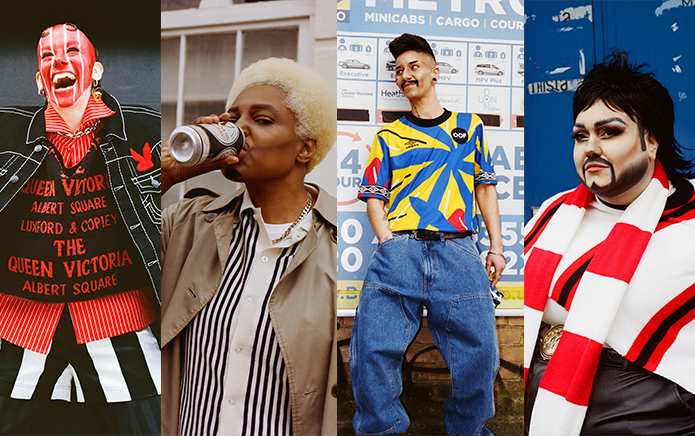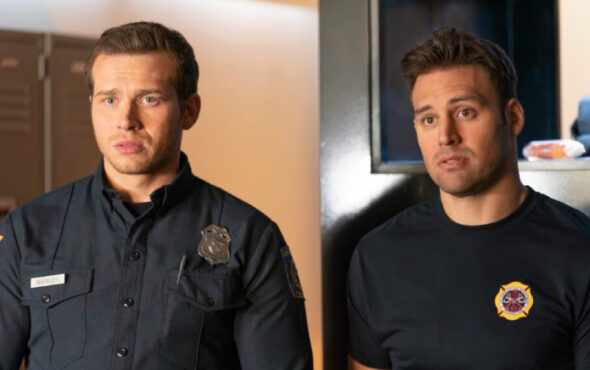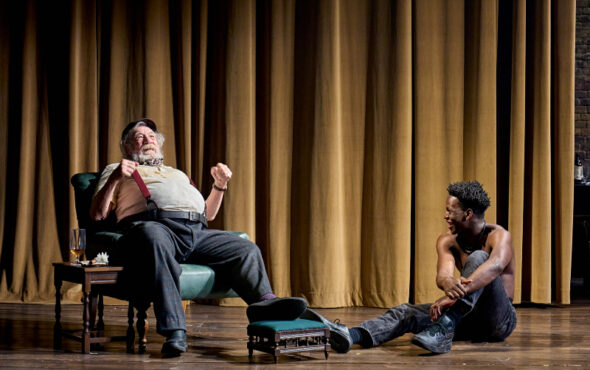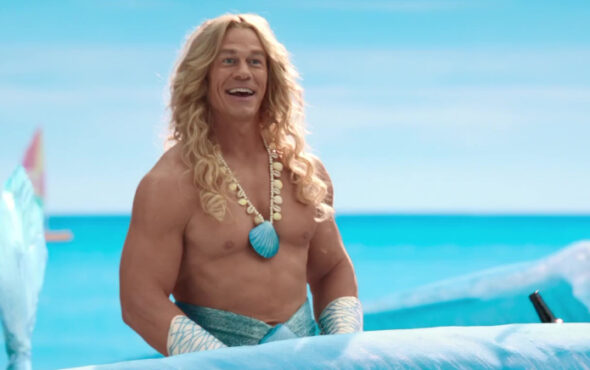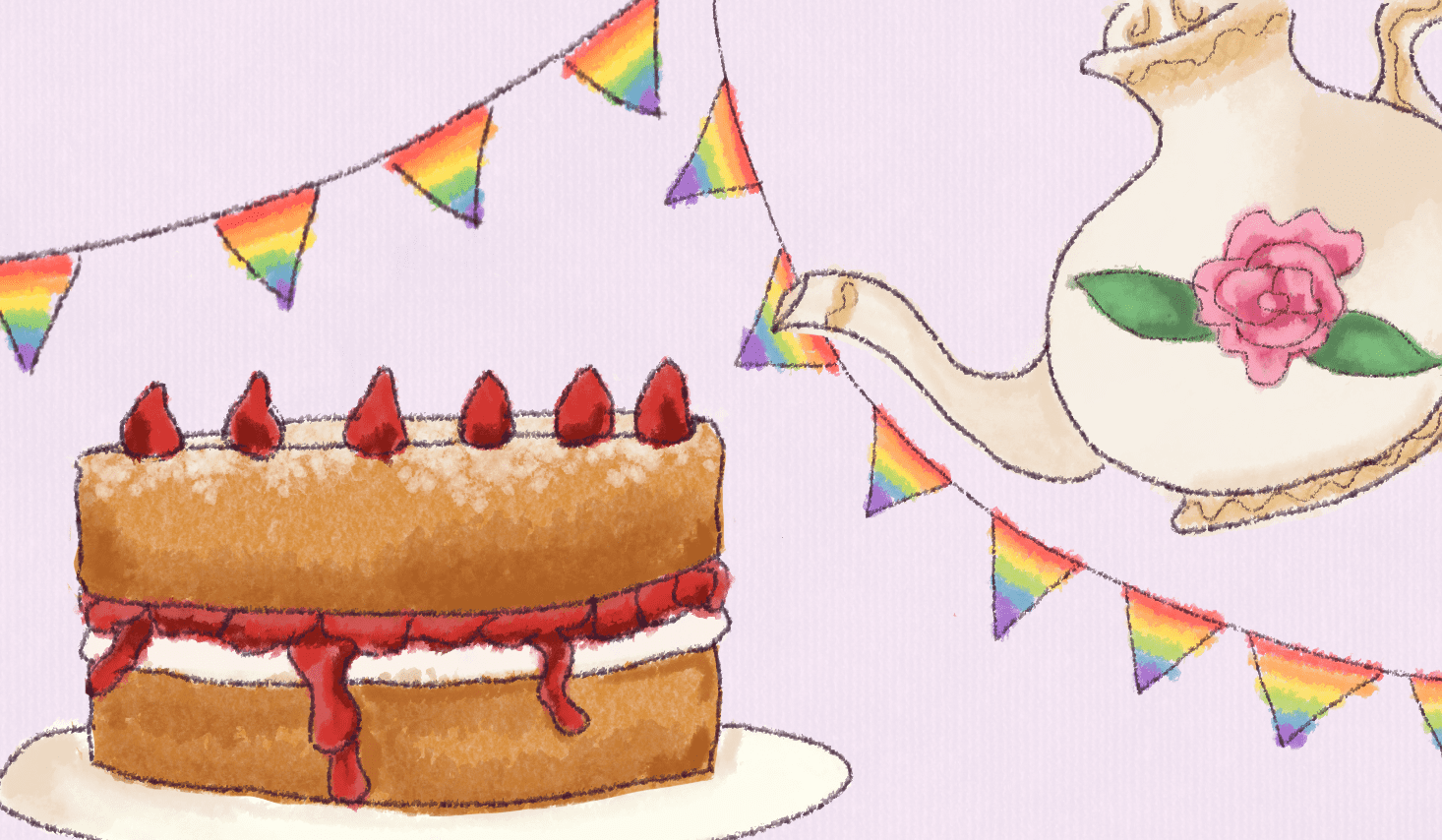
The Great British Bake Off has become a TV staple for many of us. A light-hearted baking show, the competition has taken the nation by storm with its innuendo-filled one-liners, eccentric show hosts, and challenging amateur baking tasks. Decked out with uniform pastel mixers, bold backdrops and a never-ending electric display of fashion — there’s quite a lot to enjoy about the beloved show.
Starting in 2010, the wildly popular baking series has been running for over a decade. First fronted by judges Paul Hollywood and Mary Berry, the show has been shaken up several times with new presenters and judges but remains a quintessential watch for many die-hard fans. Along its 12 seasons, the competition has centred on its yearly cohort of up and coming amateur bakers that are keen to try their hand at impressing the judges. To no surprise, the show has offered a diverse roster of contestants in its long run time. From applicants all across the UK, the series has boasted a fairly inclusive count of contestees and, for the most part, it has been warmly welcomed. Whether it’s was John Whaite, an out gay man, crowned a series winner or watching a British Muslim Nadiya Hussain gain confidence in herself before taking the top spot in the show, it has been a refreshing sight.
Bake Off has had its fair share of LGBTQ+ contestants make their way into the infamous white tent. Both celebrity and amateur queer bakers have tried their hand at making some impossibly tricky bakes to entertain audiences at home. From 27-year-old Michael Chakraverty and scientist Chuen-Yan ‘Yan’ Tsou, to season winner David Atherton and season four finalist Ruby Tandoh, the show has given a platform to bakers to share their true self during (and after) the baking chaos. Like Tandoh, season six baker Tamal Ray chose to come out following his stint on the show. Put simply, the baking show has become one of the most quietly diverse British shows to land on the small screen and it really makes a difference.
But, the joyous glimpses of bakers being themselves isn’t left to just the bakers. In fact, the hosts of Bake Off have equally been quite representative. Although the hosts have lacked racial diversity, they have always featured at least one presenter from the LGBTQ+ community. When the series first kicked off, the iconic comedic duo Mel and Sue (Mel Giedroyc and Sue Perkins) charmed audiences with their quirky humour and easy back and forth innuendo banter before departing from the show in 2016. As Bake Off made the switch from BBC to Channel 4, British Danish writer and comedian Sandi Toksvig joined English actor Noel Fielding as the show eagerly moved ahead with a new batch of bakers, but with its old classic style. More recently, Matt Lucas replaced Toksvig in 2020, joining Fielding in the hosting gig. The British comedy circuit is known to have decent representation when it comes to LGBTQ+ stars and that transition, it seems, has paid off for Bake Off.
However, the show’s inclusivity has made it one of the few British competition shows with the most LGBTQ+ representation. Alongside its charity specials, The Great Celebrity Bake Off: Stand Up To Cancer, which included Aisling Bea making a Pride cake and well-known LGBTQ+ stars contestants such as Russell Tovey, Rylan Clark-Neal, Alan Carr, the show has subtly made its nods towards the community. In comparison to other British reality TV shows existing alongside it, Bake Off has organically included representation without making it a big deal. We can definitely say, there have been no logistical issues here. At worst, the famed judge Paul Hollywood caused outrage for claiming the rainbow as a homage to the NHS (National Health Service), which caused complaints as he naively blurred the long-standing significance the rainbow has had for the LGBTQ+ community. But, all in all, it’s fair to say Bake Off has (mostly) remained out of the murky waters of Ofcom complaints or social media frenzies. I’m sure we all get riled up recalling that Baked Alaska freezer incident from series five — I know I did.
So, as The Great British Bake Off embarks on its twelfth season with yet more mishaps, friendly misfires, and joyful representation, I’m glad the baking show has stuck around. Not only is it a fruitful reminder of how heartwarming authentic representation can look on screen (although I would like to see more Welsh, Scottish and NI contestants). And, for the most part, the incidental LGBTQ+ representation has been the icing on the cake. You can count on me watching the series for as long as it airs on TV.
